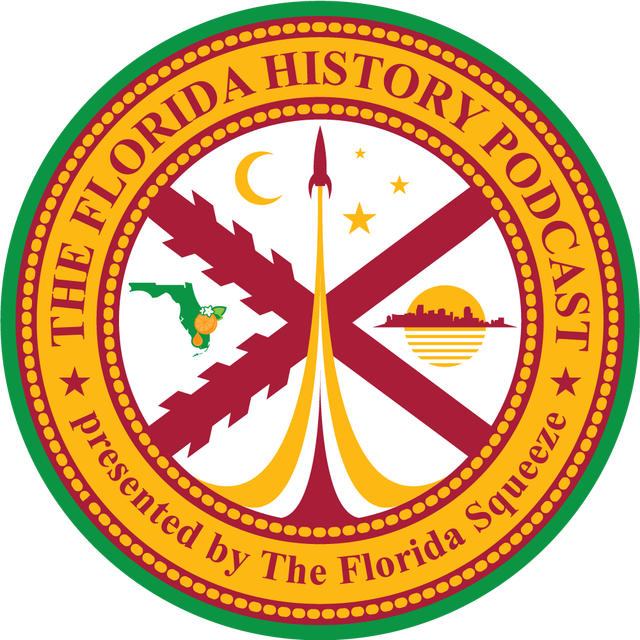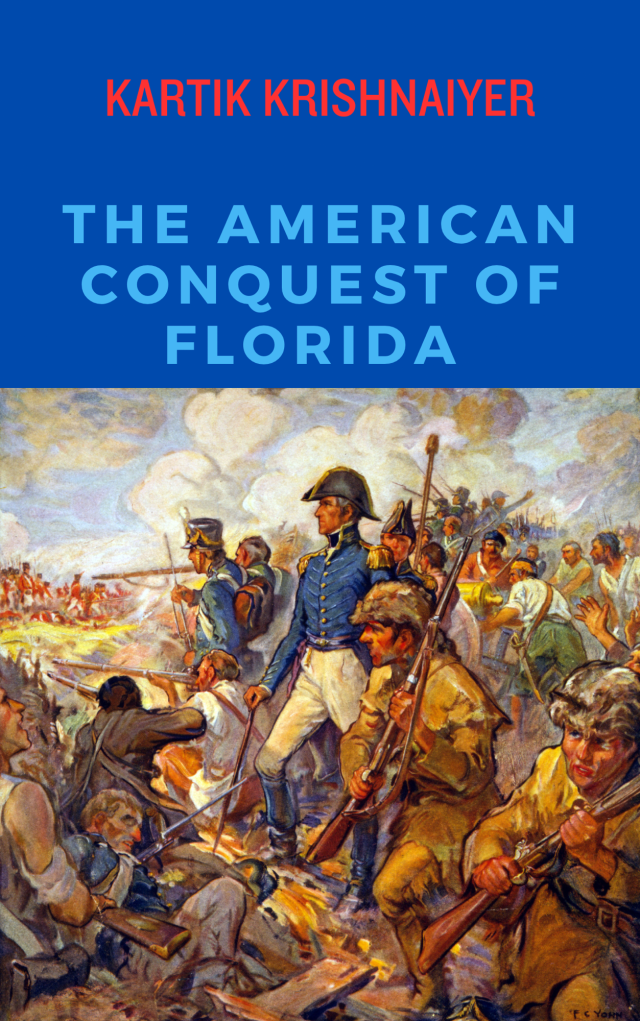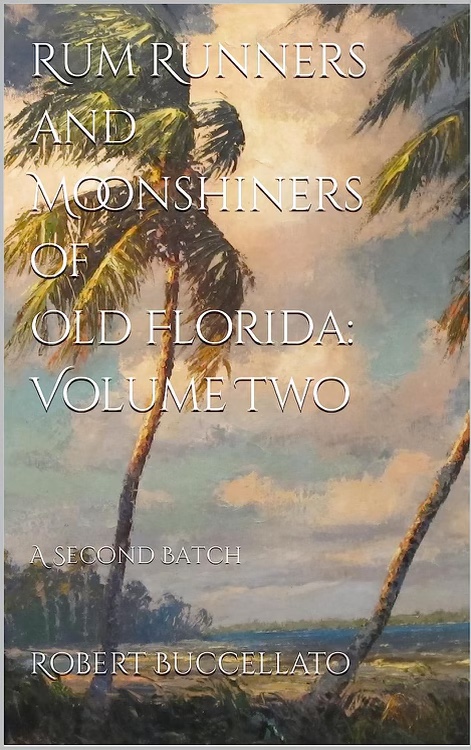 The Tampa Bay Rowdies want to move from the second division USL to first division MLS. Tuesday’s city of St Petersburg referendum which will allow the city the flexibility to give the Rowdies a long-term lease for prime waterfront property is certainly low-risk for local voters as the Tampa Bay Times outlines (at least at this point in time but down the road the real estate on the waterfront could be more valuable and the Rowdies could be occupying a chunk of property that could yield more for the city and its residents) and would give St Pete an advantage over those cites seeking MLS entry that have not obtained the political support and voter approval needed to reach MLS.
The Tampa Bay Rowdies want to move from the second division USL to first division MLS. Tuesday’s city of St Petersburg referendum which will allow the city the flexibility to give the Rowdies a long-term lease for prime waterfront property is certainly low-risk for local voters as the Tampa Bay Times outlines (at least at this point in time but down the road the real estate on the waterfront could be more valuable and the Rowdies could be occupying a chunk of property that could yield more for the city and its residents) and would give St Pete an advantage over those cites seeking MLS entry that have not obtained the political support and voter approval needed to reach MLS.
But other markets competing with Tampa Bay have the necessary political support and infrastructure to best the Rowdies in the race to secure an MLS spot. I broke down the 12 markets competing for MLS over The Yanks are Coming website and even with approval of this ballot measure (which seems highly likely), Tampa Bay is still just on the outside looking in for an MLS team. The league will select four cities to join what is a 23-team league (24, if you include Miami which has been gifted a team for years but as of yet has not secured ownership or a stadium deal and now faces the challenge of big European teams being brought regularly to Hard Rock Stadium for matches) and while St Petersburg has a good opportunity to be one of the top four, it isn’t by any means a lock. Several factors work against Tampa Bay. Here is an excerpt from the article written by me as to the potential drawbacks:
The largest TV market in the US without an MLS team, Tampa/St. Petersburg is also one of only two markets to lose an MLS team (along with Fort Lauderdale/Miami). The Tampa Bay Rowdies revival in 2010 rekindled a fan base that had been dormant, but immediately demonstrated the strength of this market. Usurped by nearby Orlando who eclipsed Tampa Bay as an MLS consideration in 2012 and 2013 as the Rowdies struggled with ownership, the MLS dream never really died. Enter the controversial, swashbuckling Bill Edwards, who saved the Rowdies weeks before potentially folding in early 2014. The Rowdies quickly reemerged as a hot ticket in town and shifted from NASL to USL at the end of the 2016 season.
On the surface Tampa Bay is the best market for MLS to grab. But there are drawbacks. Firstly, MLS might prefer being on the Tampa side of the bay rather than in St. Petersburg. Secondly, the Rowdies proposal for renovation and expansion of Al Lang Stadium is quite frankly substandard by MLS standards. This is despite the fact that the vista where the stadium sits would arguably be the best in the league. Thirdly, Edwards himself is a wild card, unpredictable and in a league whose image-consciousness is often over-the-top, Edwards may not be a clean fit in MLS. Fourthly, MLS would be smart to want a “war on I-4” but perhaps they are fearful the Rowdies would cut into Orlando City’s supporter base.
Of course, as a Floridian I very badly want the Rowdies to get into MLS. But at this point, I believe they are just on the outside looking in.
It should also be noted my ratings are in wake of the collapse of St Louis’ initial bid due to a defeat in a referendum, a new bid might be made as potential ownership groups are rapidly trying to cobble together something. MLS’ is still very interested in going to St Louis and might force a way to make it happen if the bid has any viability at all.
MLS does run a risk if they leave markets with successful clubs and strong owners like Tampa Bay and Cincinnati out of the league, that those teams could eventually be the genesis of a long-term plan to form a rival league. A league which actually has well-supported clubs and the fundamentals right, unlike the sloppy, borderline comical effort of the NASL to challenge MLS without any real strong club or supporter infrastructure in the 2014-16 time period. MLS as a league isn’t into risk-taking and likes to mitigate risks in general, so they must determine is it a greater risk to leave the Rowdies out of the league or to accept the drawbacks and bring them into the fold? The process for determining this could be fascinating.
My hope remains that Tampa Bay gets in MLS and that the team is the Rowdies playing on the St Petersburg side of the bay. But the assumption of some that a smooth referendum on Tuesday which will lead to a quick city council move (which appears a given since the political class in both parties has lined up squarely behind the MLS to St Pete idea) to give the Rowdies a long-term lease on Al Lang Stadium means MLS will come to town is off the mark. But this situation remains fluid and if San Diego’s effort begins to fall off, or MLS is less-convinced by San Antonio than I am, the door remains wide open provided St Louis doesn’t reemerge or we don’t get a surprise out of a place like Nashville which has long been viewed by many in soccer as a potential sleeping giant of a market. As I said, the situation is fluid and anything can still happen. Grab the popcorn and keep an eye on this space!






